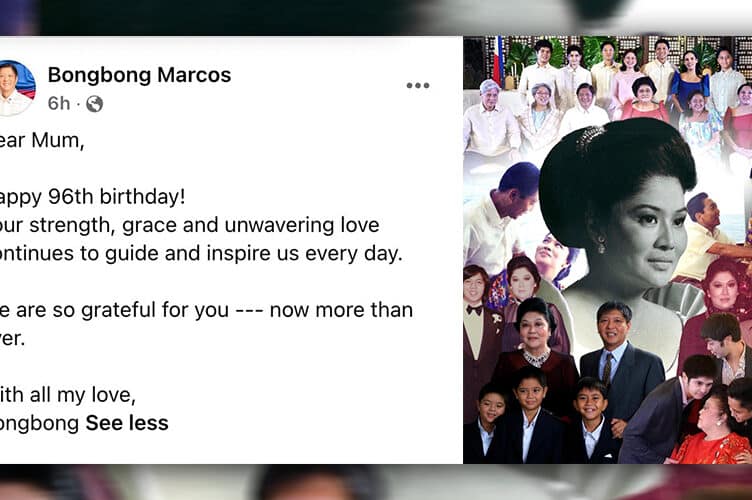IT began as a mass for farmers, to give them time to celebrate the birth of Christ ahead of the morning heat.
The Spaniards brought Christianity to the Philippines, and so many historical documents reported that the Filipino “Simbang Gabi” tradition began during the Spanish occupation of the country during the 1600s.
In preparation for Christmas, Filipino Catholics participate in a devotional liturgy known as “Simbang Gabi,” a nine-day series of masses. It is a Catholic tradition leading to the birth of Jesus Christ. It is quite similar to the nine dawn Masses that are held in Latin countries including Spain, Mexico, and Puerto Rico dubbed as “Misa de Aguinaldo.”
According to Fr. Melvin Castro, Director of the Family and Life Ministry of the Diocese of Tarlac, during the time of the Spaniards, colonizers wanted to give Filipino farmers a chance to attend church masses before sunrise to avoid extreme heat while working.
“That’s where the Misa de Gallo started because the Gallo, [which means] the rooster crow early in the morning, so the Misa de Gallo was formed basically for the sake of the farmers,” said Fr. Castro in Filipino during an interview.
Accordingly, since the establishment of dawn masses, farmers also bring their families inside the church before heading to the fields to farm.
But this tradition was barred by the Vatican City due to “liturgical abuse,” and when the tradition was revived, it was centered on the Blessed Virgin Mary.
“That’s why you’ll notice in other countries the color is violet because it’s Advent, but here [in our country during] Simbang Gabi, we’re wearing white because it’s the celebration of the Virgin Mary,” he said.
The traditional Simbang Gabi was stopped by the Vatican City from 1680 to 1689 under the leadership of Manila Archbishop Felipe Pardo.
The Vatican decree was issued because choirs and churchgoers frequently sang Christmas carols in their native tongues; it was also instituted in Spain, the Azores, and Mexico. At the time, only the entrance and recessional songs were permitted to be sung in the local dialect. This practice was declared immoral by the decree, which further commanded the suppression of the said ceremony, historical documents said.
For this year’s celebration of Simbang Gabi, Fr. Castro noted that Filipinos should offer the celebration as a thanksgiving to everything the country “survived” this year.
“For us who survived this pandemic, the meaning of Simbang Gabi this year is to thank the Lord. Thank the Lord that for the last two years, we made it, we literally survived,” he said.
Photo Credit: Quiapo Church
How useful was this post?
Click on a star to rate it!
Average rating 0 / 5. Vote count: 0
No votes so far! Be the first to rate this post.
We are sorry that this post was not useful for you!
Let us improve this post!
Tell us how we can improve this post?








